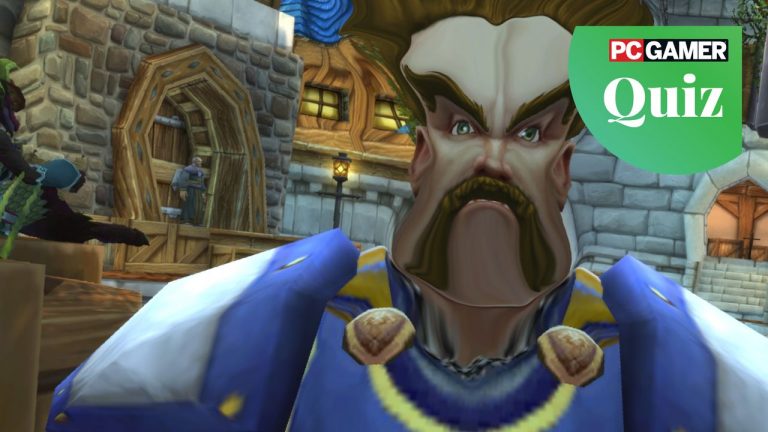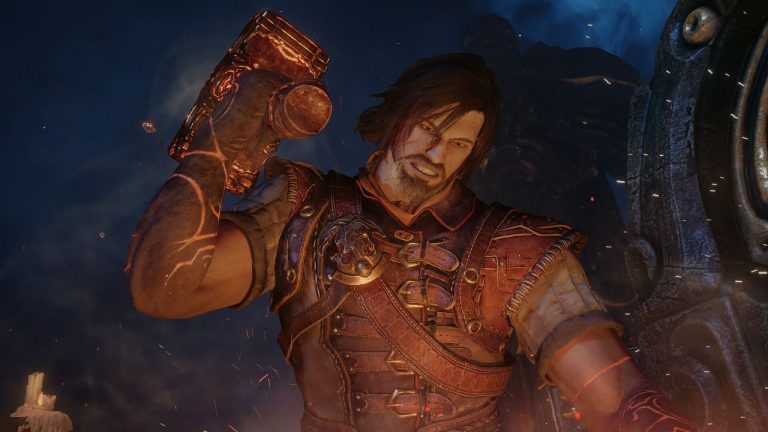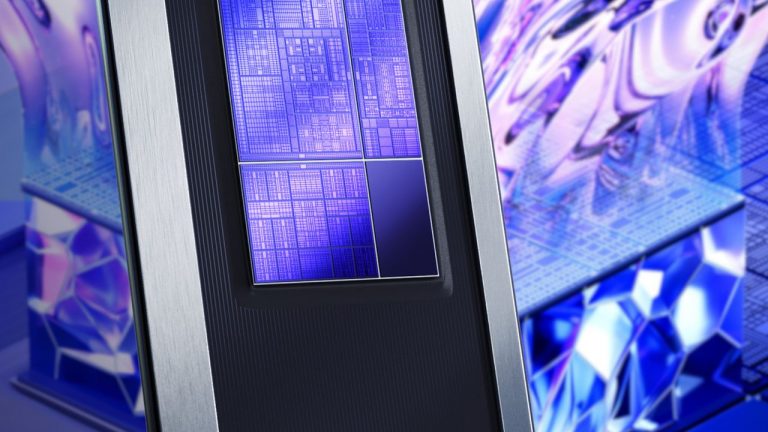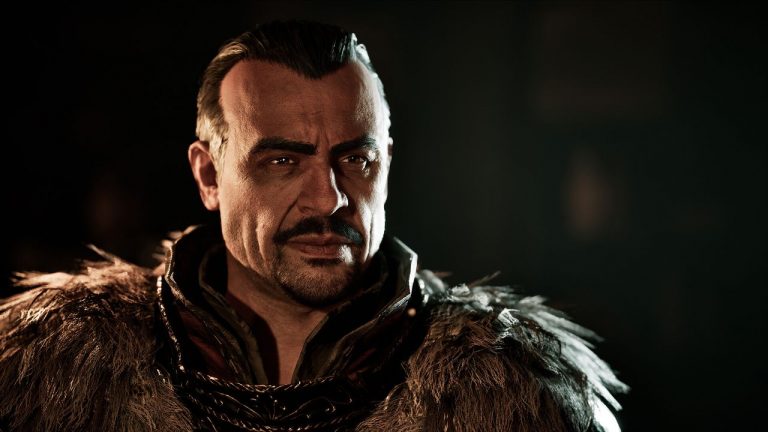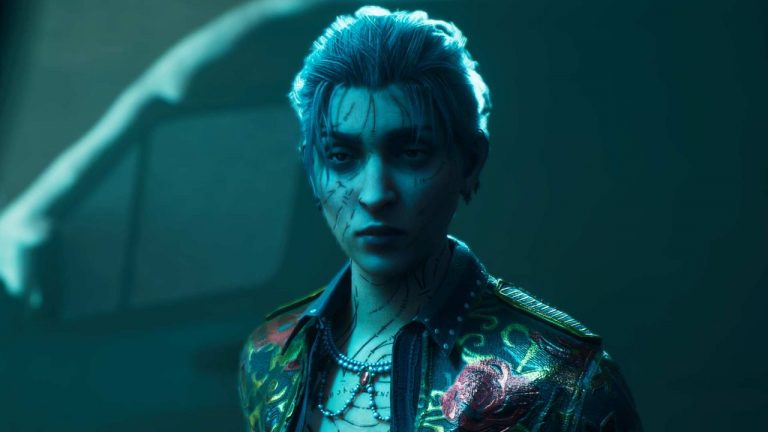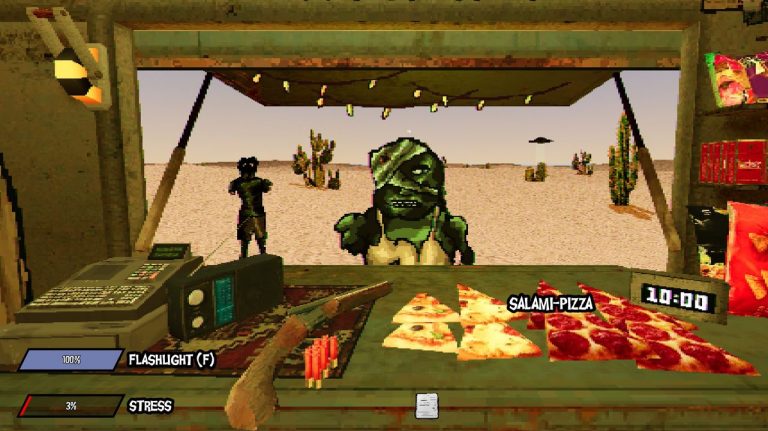What is it? A remaster of the iconic 1995 LucasArts FPS, Star Wars: Dark Forces.
Expect to pay: TBA
Developer: Nightdive Studios, LucasArts
Publisher: Nightdive Studios
Reviewed on: Nvidia RTX 3090 Ti, 32GB RAM (DDR4), AMD Ryzen 7 5700X, ASRock B450M Pro4
Multiplayer? No
Steam Deck? Yes
Link: Steam
A long time ago, in a PC gaming age that now feels far, far away… there was the mid-1990’s rush of Doom clones. And, truth be told, most of them were pretty poor imitations that brought nothing new to the genre. But, where these derivative FPSes failed, LucasArts’ 1995 Star Wars: Dark Forces succeeded, and not just in terms of its own quality, but also in terms of how it evolved the FPS genre in a large number of ways. This was a truly pioneering game.
(Image credit: Future)
So it’s been puzzling that a game which, as we’ve chronicled before, largely introduced cinematic narrative storytelling to FPS games, established a new standard for realistic level design theory, and gave us graphics and audio that outstripped what Doom delivered comfortably, has never been officially remastered. Enter Nightdive Studios.
(Image credit: Future)
For those who have missed Nightdive’s recent activities, they’re the talented team behind the high-scoring System Shock remake, as well as a wide range of remasters of classic games including Quake 2, Turok 3, and Blade Runner, all of which have been well received. I think it’s fair to say that Nightdive is the foremost remastering studio in business today.
(Image credit: Future)
(Image credit: Future)
And that’s great news here, as the quick take away from this Star Wars: Dark Forces Remaster review is that this is a great remaster, with the classic LucasArts game not only brought back to modern systems, but brought back with many enhancements and extras that make it the definitive version to play.
(Image credit: Future)
Thanks to Nightdive’s KEX Engine, which for this remaster has been fed the game’s original Jedi Engine code, the remaster offers vast improvements to resolution and framerate, with up to 4K 120fps supported. Widescreen and ultra-widescreen aspect ratios are also unlocked, too. However, to just talk about simple res and framerate bumps is to undersell this remaster.
(Image credit: Future)
Hardware render
(Image credit: Future)
Software render
Feel the force
That’s because Nightdive has gone and delivered fresh high-res assets for everything in the game, from character sprites to textures, as well as improvements to lighting and how the game is rendered. There’s also the option, as seen recently in Tomb Raider 1-3 Remastered, to swap between rendering modes at will (in this case, software and hardware), as well as turn on and off the higher-res assets. Nightdive has even remastered the game’s characterful cinematics, which also can be toggled between old and new. This means you can experience the game, if desired, with almost the exact look and feel of playing the original back in the 1990s.
(Image credit: Future)
And I really think how Dark Forces Remaster feels is key here. What Nightdive should be applauded most for is preserving the look and feel of the original. A new, upgraded visual experience has been delivered, but not at the expense of the game’s character or how it plays.
(Image credit: Future)
An ancient style
However, where Dark Forces Remaster looks new, the experience it offers is firmly old school FPS—including all the limitations of that. As Rebel hero Kyle Katarn, your job is to repeatedly run and gun your way through 14 levels, ranging from secret Imperial bases, to starships, subterranean sewer systems, robotics facilities and more. These environments are often complex and multi-layered, and many require backtracking in order to navigate them and progress. Getting lost will happen. I can imagine PC gamers brought up on waypoints and navigation trails could balk.
(Image credit: Future)
Key cards are absolutely a thing in Dark Forces Remaster, too (remember, this a game that released shortly after Doom), so when you’re not blasting Stormtroopers you spend plenty of time searching (and often frustratedly then researching) corridors for Imperial Officers to gun down and relinquish of, say, the Blue Key Card or Red Key Card or Yellow Key Card. Again, balking may occur, especially if the gamer misses that semi-hidden wall switch that prevents progress.
(Image credit: Future)
Rarely there’s some light platforming to engage in, such as jumping over a few platforms or escaping a garbage compactor (annoying to get the timing right), and very rarely there’s some environmental puzzles to solve, but mostly this is a game that boils down to running around shooting Stormtroopers (and a few other foes) while a suitably Star Wars soundtrack plays in the background. That’s definitely a fun core, but one now limited compared to modern game standards.
(Image credit: Future)
(Image credit: Future)
The end result, then, is a great remaster of a game that offers—very strictly—a mid-1990s FPS experience. If you like/liked that experience then you’ll love this, as Dark Forces Remaster is the definitive version of this game to play. But if modern FPS trappings are what you’re used to, and have no love for the original, you’ll likely be left wanting.
(Image credit: Future)




